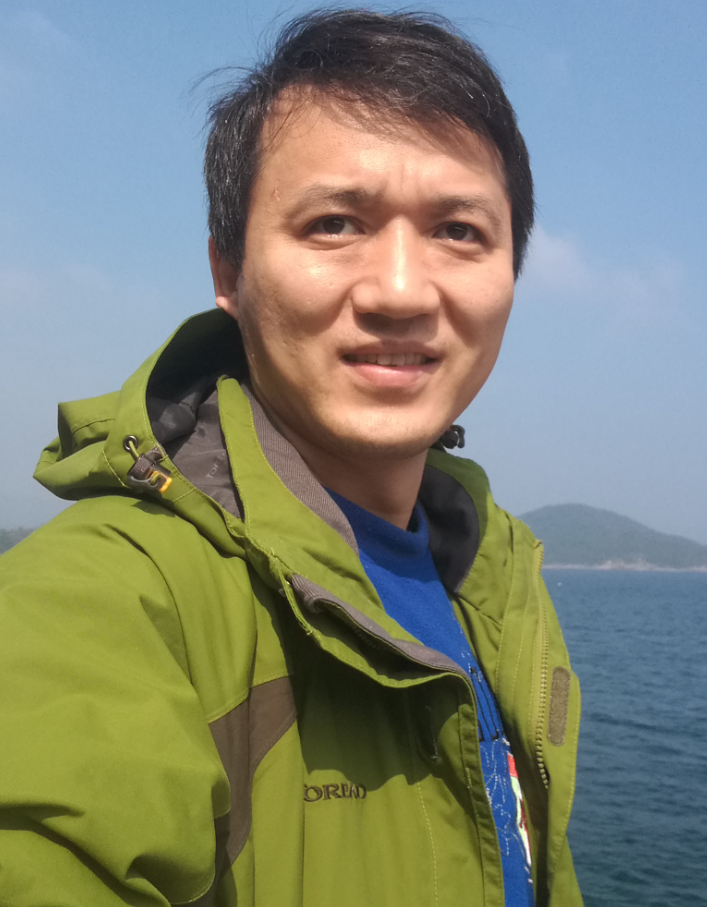

Prof. Yulong Xu

Prof. Yulong Xu
College of information technology of Henan University of Chinese Medicine
Speech Tilte: Latent Tree and Constrained Latent Tree Analysis for Researching the Syndrome of Traditional Chinese Medicine
Abstract: Latent Tree Analysis is an unsupervised machine learning algorithm, which is designed by Hong Kong University of Science and Technology for researching the syndrome diagnosis of Traditional Chinese Medicine. Based on explicit variable probabilistic co-occurrence to construct the latent tree model (as known as latent structure model), this method can simulate the reasoning process of syndrome diagnosis in the traditional Chinese doctor. The relevant research results show that this method is suitable for the study of TCM syndrome, and has been recognized by peers and achieved many positive results.
This report summarizes the application of latent tree analysis for syndrome diagnosis in Traditional Chinese Medicine. And then, to consider the semantics of major-minor symptoms, we extend a new method named Constrained Latent Tree analysis. The Constrained Latent Tree analysis can turn qualitative standards in the form major-minor symptoms into quantitative diagnosis rules. Compared with the classic Latent Tree Analysis, the result shows that the BIC information criterion score of the Constrained Latent tree model is lower than that of the classic Latent Tree model. However, considering the size of syndromes and the reasonable degree of rules reflect the characteristics of major-minor syndromes, the Constrained Latent Tree has more practical rules than the classic Latent Tree analysis.
Biography
Yulong Xu was born in in 1984, Ph.D., Assistant Professor, master supervisor of Henan University of Chinese Medicine. In July 2009, he received the bachelor's degree in computer science and technology from Chongqing university of posts and telecommunications. In 2015, He received the Ph.D. degree in pattern recognition and intelligent system from Donghua University at Shanghai. From 2017 to 2018, He went to Hong Kong University of Science and Technology as a research assistant for artificial intelligence and Chinese Medicine research.
In recent years, his researches mainly focus on artificial intelligence, machine learning, and applying them to study Traditional Chinese Medicine. He won one third prize of Henan Science and Technology Progress Award (ranking third). He published nearly 40 academic papers, including nearly 8 SCI papers. He successively hosted one projects of National Natural Science Foundation, 3 provincial and municipal level projects. He has published 2 academic monograph and authorized nearly 5 national invention patents.
